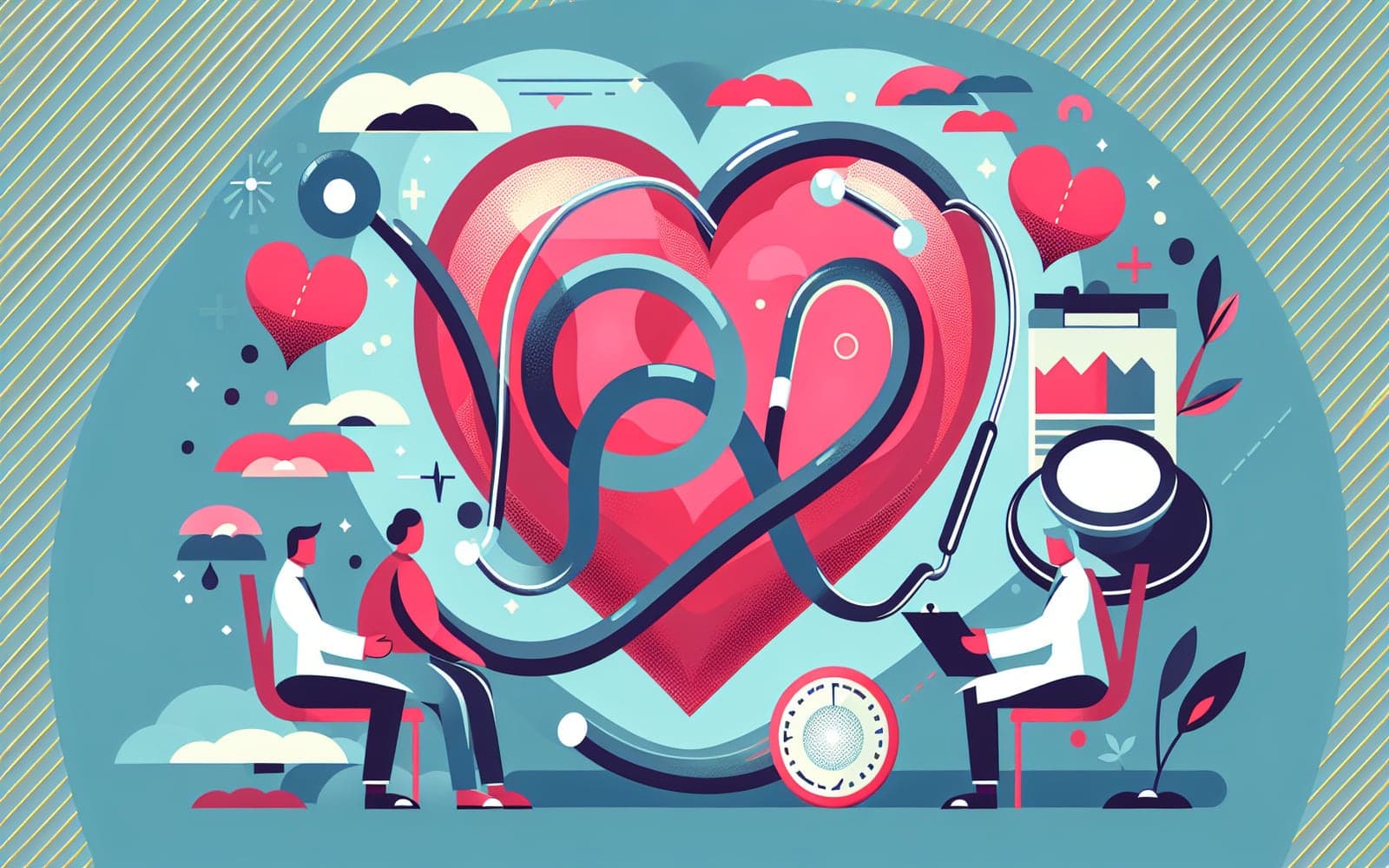What Is Resistant Hypertension and Why Should You Care?
Published: Aug 16, 2024
Resistant hypertension is a stubborn form of high blood pressure that doesn't respond to typical treatments. It affects millions and can lead to serious health problems if left unchecked.
Contents
Defining the Problem
Resistant hypertension occurs when your blood pressure stays above goal despite taking three different blood pressure medications, including a diuretic. It's like having a car that won't slow down no matter how hard you press the brakes. This condition affects about 10-20% of people with high blood pressure and puts them at higher risk for heart attacks, strokes, and kidney problems.
Causes and Risk Factors
Several factors can contribute to resistant hypertension. These include being older, overweight, or having conditions like diabetes or kidney disease. Certain medications, a high-salt diet, and not taking blood pressure drugs as prescribed can also play a role. It's like trying to sail a boat against strong winds and currents – multiple forces are working against you.

Spotting the Imposters
Sometimes, what looks like resistant hypertension isn't the real deal. This 'pseudoresistance' can be due to inaccurate blood pressure measurements, the 'white coat effect' (higher readings at the doctor's office), or not taking medications properly. It's crucial to rule these out before diagnosing true resistant hypertension.
Frequently Asked Questions
It affects about 10-20% of people with high blood pressure.
Yes, reducing salt intake and losing weight can make a big difference.
Not necessarily, treating underlying causes can sometimes resolve it.
Researchers are exploring options like renal denervation.
Key Takeaways
While resistant hypertension is challenging, understanding it is the first step towards better management and improved health outcomes.
Concerned about your blood pressure control? Talk to Doctronic about strategies to tackle resistant hypertension and protect your heart health.Related Articles
References
Carey RM, et al. Resistant Hypertension: Detection, Evaluation, and Management: A Scientific Statement From the American Heart Association. Hypertension 2018; 72:e53.
Whelton PK, et al. 2017 ACC/AHA/AAPA/ABC/ACPM/AGS/APhA/ASH/ASPC/NMA/PCNA Guideline for the Prevention, Detection, Evaluation, and Management of High Blood Pressure in Adults. Hypertension 2018; 71:e13.
Always discuss health information with your healthcare provider.

